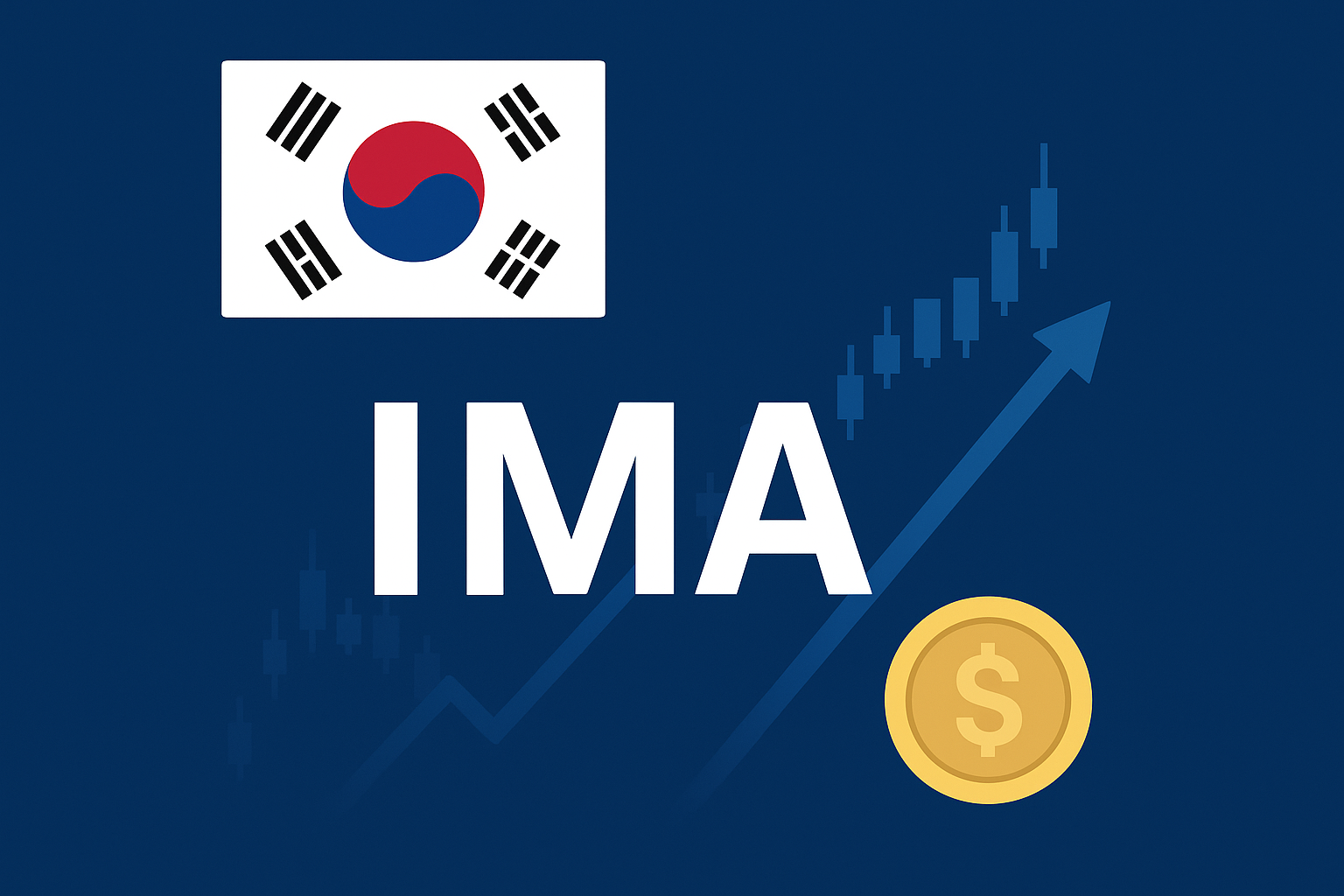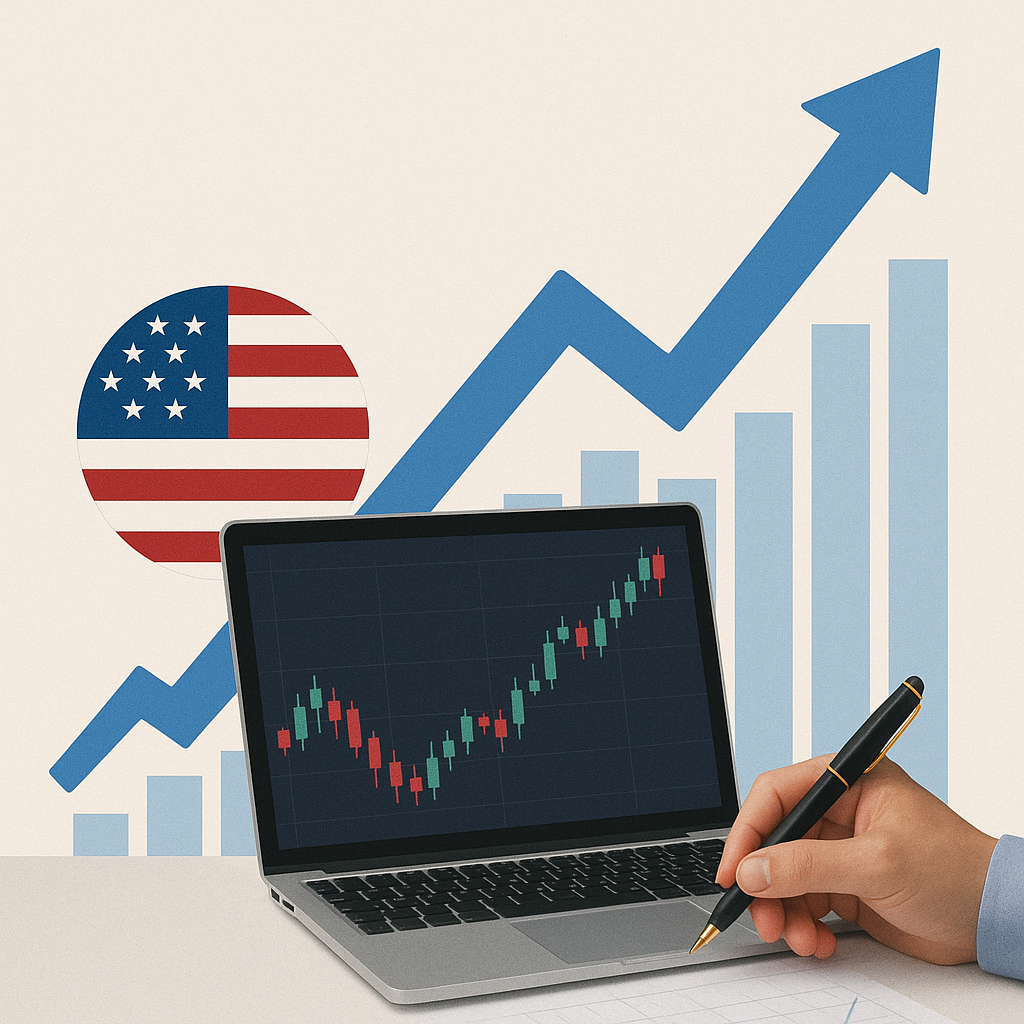
Lifting of the Hallyu Ban After 8 Years: Impact on the Korean Industry
With the possibility of China lifting the Hallyu ban (限韩令, a restriction on Korean cultural content) after eight years, various industries—including cosmetics, entertainment, gaming, and retail—are responding to the news. Korean companies that have struggled due to their heavy dependence on the Chinese market are now expected to gain new growth opportunities following the ban's removal.
Stock Market Reacts to Expectations of the Hallyu Ban Lift
Amid rising expectations of the Hallyu ban being lifted, stock prices in the cosmetics, entertainment, and gaming sectors have been on the rise. In the cosmetics industry, TonyMoly surged by 23.58% over the past week, while Cosmax (5.46%), Amorepacific (3.04%), and LG Household & Health Care (2.88%) also showed an upward trend. This reflects market expectations that Korean cosmetics companies will recover their performance in the Chinese market once the ban is lifted.
The entertainment sector has also responded positively, with major Korean entertainment companies seeing their stock prices rise. YG Entertainment (13.87%), SM Entertainment (8.99%), JYP Entertainment (5.92%), and HYBE (4.12%) all recorded gains. Additionally, if sales channels for Korean content in China expand, companies in the content industry—such as ContentreeJoongAng (25.93%), Studio Dragon (19.53%), and CJ ENM (10.87%)—are expected to see improved profitability.
The gaming industry is also benefiting, as China may actively issue game service permits (版号, panhao) following the ban’s removal. This has led to stock price increases for Krafton (5.75%), NCSoft (4.45%), and Nexon Games (4.14%).
Background of the Hallyu Ban Lift and China’s Strategic Shift
While the Chinese government has officially maintained that no such ban exists, it has in practice restricted the distribution of Korean content. However, as China now prioritizes economic recovery, it has announced plans to ease regulations on foreign companies, signaling a broader move toward economic openness.
Additionally, with Korea and China both set to chair the 2025 Asia-Pacific Economic Cooperation (APEC) Summit, the need for bilateral cooperation has grown. As a result, China appears to be implementing conciliatory policies to improve relations with Korea. Furthermore, as tensions with the United States intensify, China may also be strategically seeking to balance its diplomatic relations by improving ties with Korea.
Expectations in the Retail and Tourism Industries
If the Hallyu ban is indeed lifted, the retail and tourism industries are expected to experience direct benefits. Companies such as Amorepacific and LG Household & Health Care are already preparing re-entry strategies for the Chinese market, including expanding local research and development (R&D) centers in Shanghai.
Additionally, if the number of Chinese group tourists—previously reduced due to the ban—increases again, duty-free shops, hotels, and travel-related businesses are likely to see positive effects.
Future Outlook and Key Variables
Although lifting the Hallyu ban could present new opportunities for Korean businesses, uncertainties remain. The Chinese government is unlikely to make an official announcement on the ban's removal, meaning the industry may instead see a gradual expansion of cultural exchanges with a de facto lifting of restrictions.
Moreover, changes in U.S.-China relations and shifts in China’s domestic policies could also influence the situation, making continuous monitoring essential.
Experts note that "China is likely to move away from its previous restrictions on Korean content and adopt a more relaxed stance," while also cautioning that "a complete removal of the ban is unlikely, with a phased reopening expected instead." The developments surrounding the Hallyu ban and their impact on Korean industries warrant close attention.


